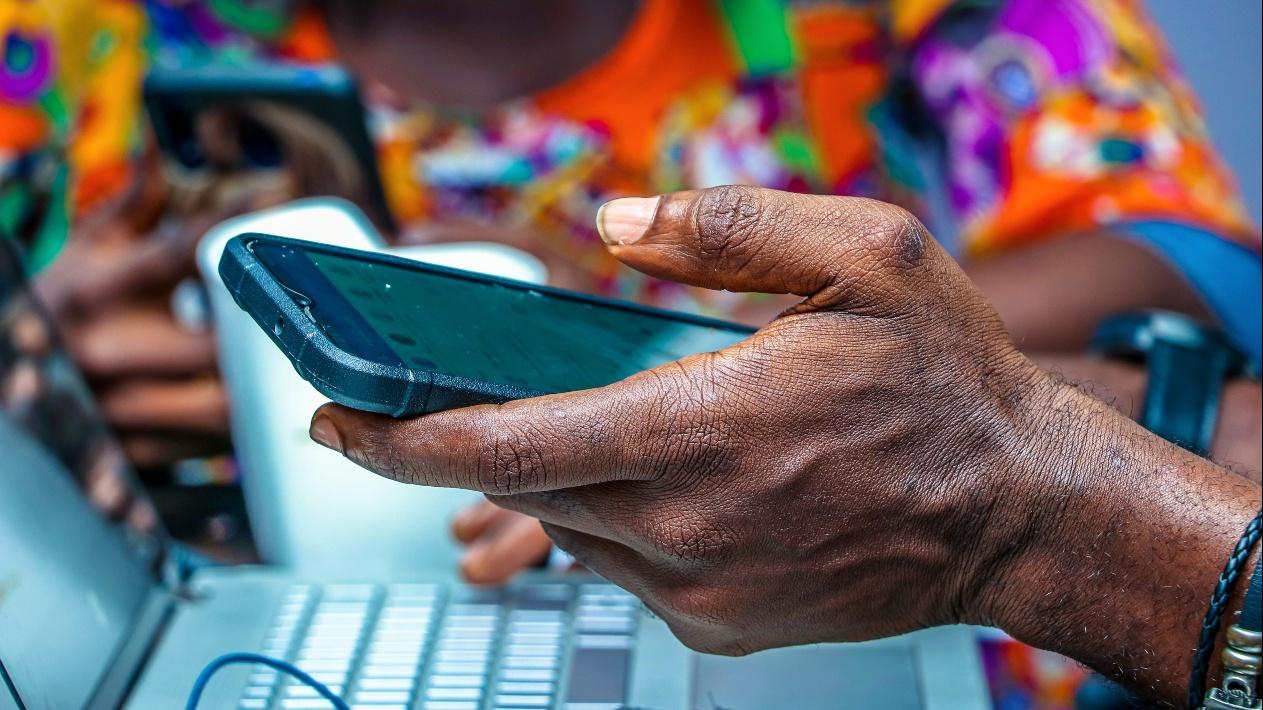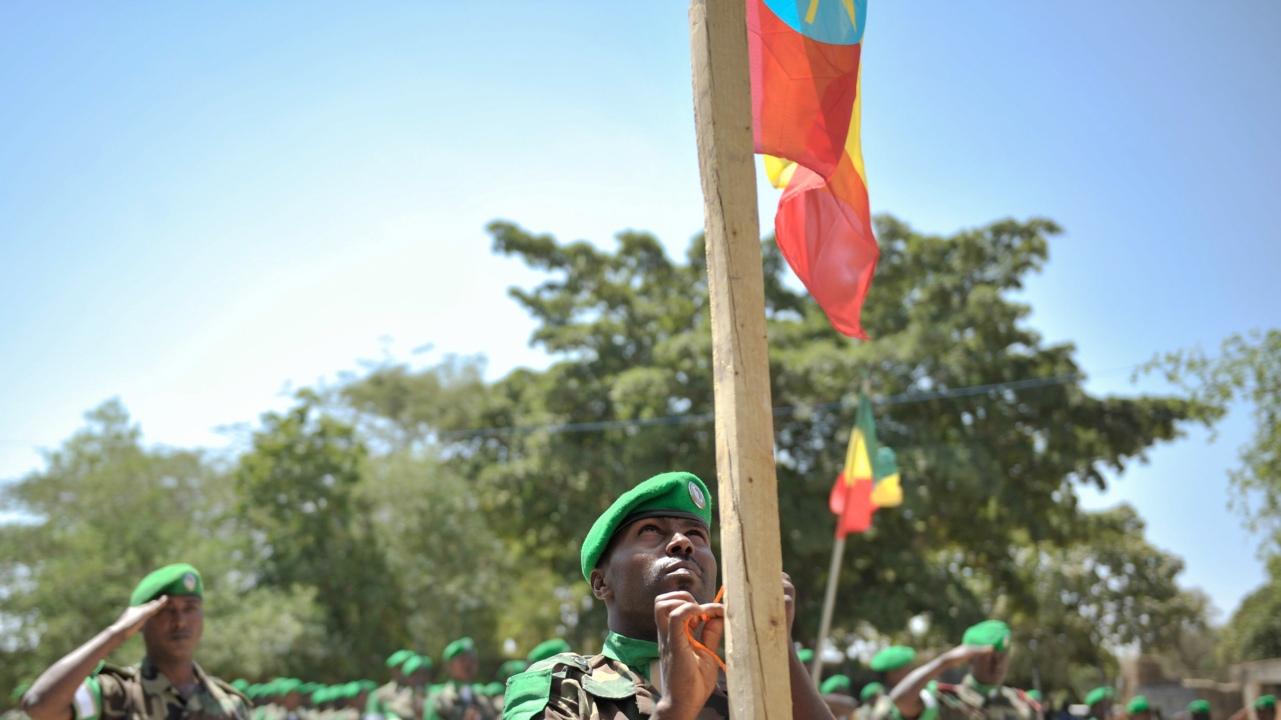The defeated ‘Congolité’ Bill in the Democratic Republic of Congo sought to exclude from high office those not born to ‘Congolese’ parents. Despite its defeat in parliament, the infiltration of authentic notions of Congolese identity into society could intensify ethnic tensions ahead of the 2023 presidential election.
‘Congolité’ has become an increasingly evoked political concept in Congolese society, referring to someone being uniquely ‘Congolese’ due to both their parents’ national identity. Used widely during successive electoral campaigns in the Democratic Republic of Congo (DRC) since 2006, when the country held its first multi-party elections for nearly forty years, the incumbent President Joseph Kabila’s ‘Congolité’ had been called into question. He was presented by opponents as a foreigner – both a Rwandan and Tanzanian – but never Congolese.
According to its advocates, ‘Congolité’ is a criterion for political legitimacy, with the aim of removing from power the people or forces that long ruled the country during colonisation. Foreigners are also said to continue the spirit of colonisation today, through the deployment, among other resources, of private sector companies within its borders.
Supporters of the ‘Congolité’ concept claim it can prevent the re-colonisation of the country and guarantee Congolese sovereignty. They argue strongly that the concept is in no way discriminatory and/or xenophobic but rather a way of applying the Congolese constitution. This stipulates in article 72 that the president of the republic must ‘possess the Congolese nationality of origin’. In article 10, Congolese origin is defined as: ‘… any person belonging to the ethnic groups whose persons and territory constituted what became the Congo (now the Democratic Republic of Congo) at independence…’
On 8 July 2021, lawmakers proposed a Bill on ‘Congolité’ to the DRC’s National Assembly, which aimed to modify law n°04/24 enacted in November 2004 on Congolese nationality. This law restricted certain government posts to citizens born to a Congolese father and mother, including the President of the Republic, the administrator of the National Intelligence Agency, the General Directorate of Migration (DGM), the Prime Minister, the President of the Senate and the National Assembly and positions in the Ministries of Sovereignty.
The Bill largely related to the notion of ‘Ivoirité’, an Ivorian law by ex-President Henri Konan Bédié to ensure that only ‘Ivorians’ born to ‘Ivorian’ parents would be eligible for the Presidency – evoked to prevent Alassane Dramane Ouattara from running for the presidential elections in 1995 and 2000. In the DRC, the concept of ‘Congolité’ goes back further, for a long time assimilated to the concept of ‘authenticité’ created by former DRC President Mobutu Sese Seko in the 1970s. ‘Authenticité’, however, was created with the aim of inventing a new integrationist identity that would allow all Congolese to feel united, whereas ‘Congolité’ serves to side-line and ostracise certain individuals.
The lower houses of parliament rejected the Bill in September 2021, declaring it ‘inadmissible’, yet the ideas behind it threaten national cohesion by reinforcing tensions in a country affected by instability since the 1990s. It seeks to create second-class citizens, excluding many de facto from the political process and Congolese society. In a country of over 200 ethnic groups, it is not hard to see these ideas weaponised ahead of the 2023 presidential election. When the bill was introduced, the touted presidential candidate Moïse Katumbi, whose father is Greek, accused President Félix Tshisekedi’s party of attempting to manoeuvre him out of the running. As Hubert Kabungulu Ngoy-Kangoy argues: ‘For the Congo to be reborn, there has to be a shift away from the power of ethnicity’.
Photo: The USG for Peace Operations met with the DRC President Felix-Antoine Tshisekedi in Kinshasa, on Thursday, October 21, 2021. Licensed under CC BY-SA 2.0.





